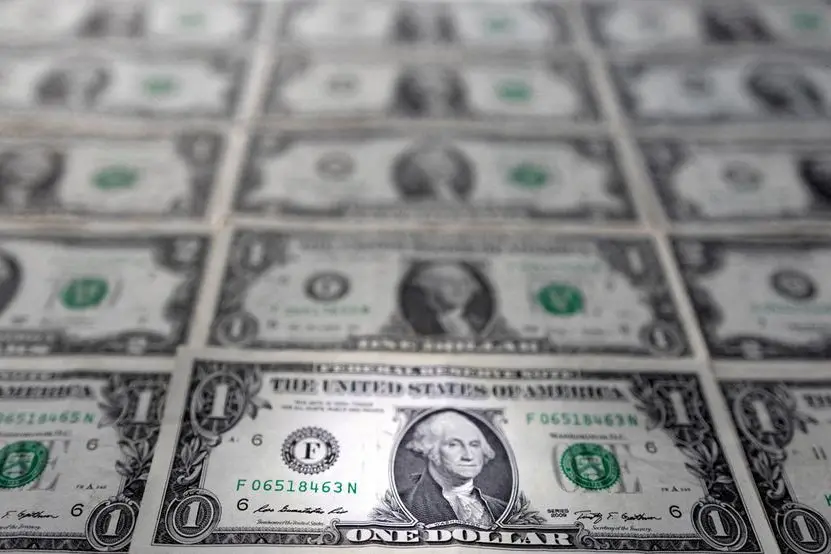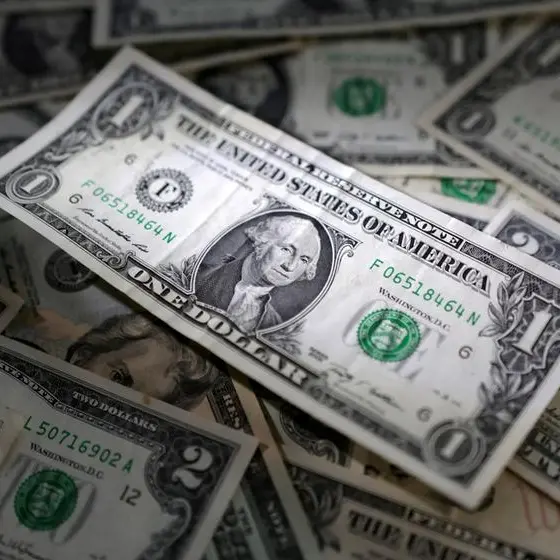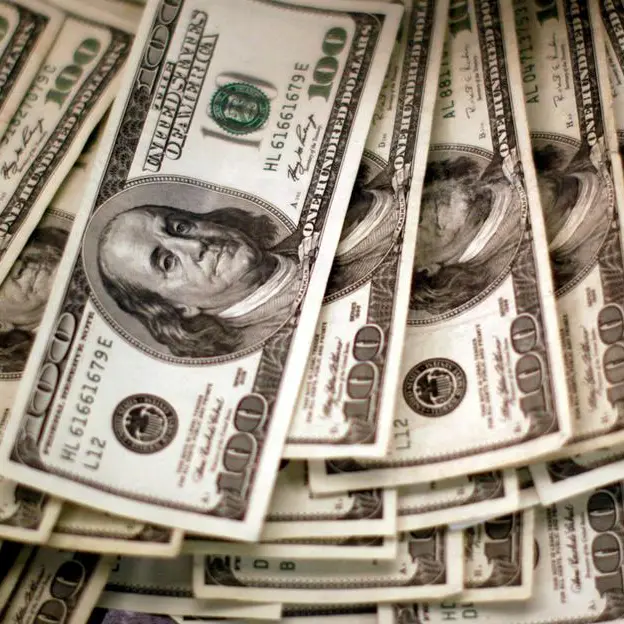PHOTO
The dollar was on track for its strongest weekly performance since early December on Friday, propped up by expectations that the U.S. economy will continue to outperform its peers globally this year and U.S. interest rates will stay elevated for longer.
The greenback began the new year on a strong note reaching a more than two-year high of 109.54 against a basket of currencies on Thursday as it extended a stellar rally from last year.
A more hawkish Fed and a resilient U.S. economy have led U.S. Treasury yields to rise, prompting the dollar to charge higher.
Coupled with expectations that policies by U.S. President-elect Donald Trump will boost growth this year and potentially add to price pressures, the dollar now looks relentless.
"Looks like dollar strength is here to stay for now in early 2025 given the U.S. exceptionalism story is here to stay, and it still comes with high U.S. yields," said Charu Chanana, chief investment strategist at Saxo.
"Add to that the uncertainty from policies of the incoming (Donald) Trump administration, and you also get the safety aspect of the dollar looking attractive."
Uncertainties over how Trump's
plans for hefty import tariffs, tax cuts and immigration restrictions will affect global markets has in turn given the greenback additional safe haven support.
Jobless claims data on Thursday confirmed a
resilient
U.S. labour market, with the number of Americans filing new applications for unemployment benefits dropping to an eight-month low last week.
The dollar index last stood at 109, down 0.2% on the day, but on track for a weekly gain of just under 1%, its strongest since early December.
Other currencies attempted to rebound against the firm dollar on Friday, still tracking steep losses on the week.
The euro was last up 0.26% at $1.02930 but was headed for a 1.3% weekly decline, its worst since November.
The common currency was among the biggest losers against a towering dollar, having tumbled 0.86% in the previous session to a more than two-year low of $1.022475.
Traders are pricing in more than 100 basis points worth of rate cuts from the European Central Bank next year, while they expect just about 45 bps of easing from the Fed.
Uncertainties around trade policies of the incoming Trump administration are also weighing on the outlook for the euro looking ahead, along with China's yuan and some other emerging market currencies.
"We expect Trump's policy mix to trigger further dollar strengthening, with European currencies – and the euro in particular – coming under pressure from protectionism and monetary easing," said ING analysts in a note.
Similarly, sterling ticked up 0.2% to $1.2406, after sliding 1.16% on Thursday. It was on track to lose roughly 1.4% for the week.
Elsewhere, the yen rose around 0.25% to 157.095 per dollar, but was not far from an over five-month low of 158.09 per dollar hit in December.
The Japanese currency has been a victim of the stark interest rate differential between the U.S. and Japan for over two years now, with the Bank of Japan's caution over further rate increases spelling more pain for the yen.
The yen tumbled more than 10% in 2024, extending its losses into a fourth straight year.
China's onshore yuan hit its weakest level in over a year at 7.3188 per dollar, as falling yields and expectations of more domestic rate cuts continued to weigh on the currency.
(Reporting by Rae Wee and Greta Rosen Fondahn; Editing by Sonali Paul and Kim Coghill)





















